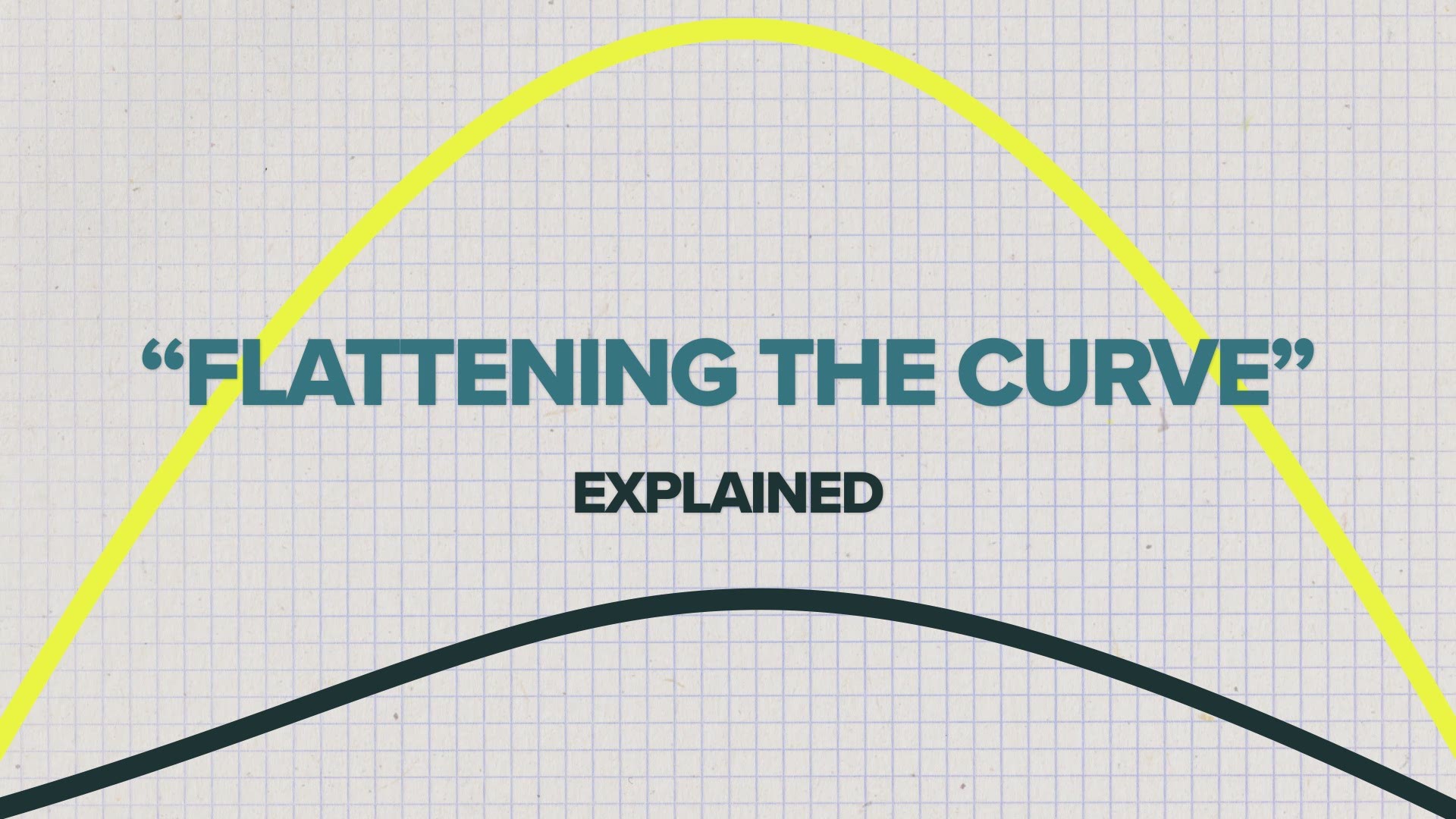The White House is proposing a roughly $850 billion emergency stimulus to address the economic cost of the new coronavirus.
The request will be outlined to Senate Republicans Tuesday and will aim to provide relief for small businesses and the airline industry and include a massive tax cut for wage-earners. Two people familiar with the request described it to The Associated Press on the condition of anonymity because they weren't authorized to speak publicly.
The White House hopes the measure will pass this week, as the administration scrambled to contain the economic fallout of the severe disruptions to American life from the outbreak.
Democrats have also prepared their own $750 billion package, with Senate party leader Chuck Schumer calling for "big, bold urgent federal action."
A separate package already passed by the House includes sick pay, free testing and emergency food. The package has been endorsed by President Trump and is ready to become law, pending a Senate vote, which could come as early as Tuesday.
The aid packages proposed come after the Federal Reserve took massive emergency action to try to help the economy withstand the coronavirus by slashing its benchmark interest rate to near zero and saying it would buy $700 billion in Treasury and mortgage bonds.
The Fed’s surprise announcement signaled its rising concern that the viral outbreak will depress economic growth in coming months, likely causing a recession, and that it's poised to do whatever it can to counter the risks. It cut its key rate by a full percentage point to a range between zero and 0.25% and said it will keep its rate there until it's “confident that the economy has weathered recent events."
President Trump also signed an $8.3 billion measure in early March to help tackle the coronavirus outbreak in the U.S. The legislation provided federal public health agencies money for vaccines, tests and potential treatments.
The rush to inject cash and resources into the economy is an effort unlike any since the 2008 economic crisis.
According to a tracker by John Hopkins University, the United States has reported more than 4,600 cases of COVID-19, with 85 deaths and 17 recoveries.
The majority of people who have the new coronavirus, which causes the disease known as COVID-19, will get better without any long-term effects, according to an Oregon doctor.
About 80% of cases tend to be mild. In these cases, symptoms diminish over five to seven days, although people are still capable of transmitting the disease. But there are many people with a higher risk of having a more severe disease if they are diagnosed with coronavirus, including those with heart disease, diabetes, asthma and other vascular disease problems. Also, most children who get it have mild symptoms.

